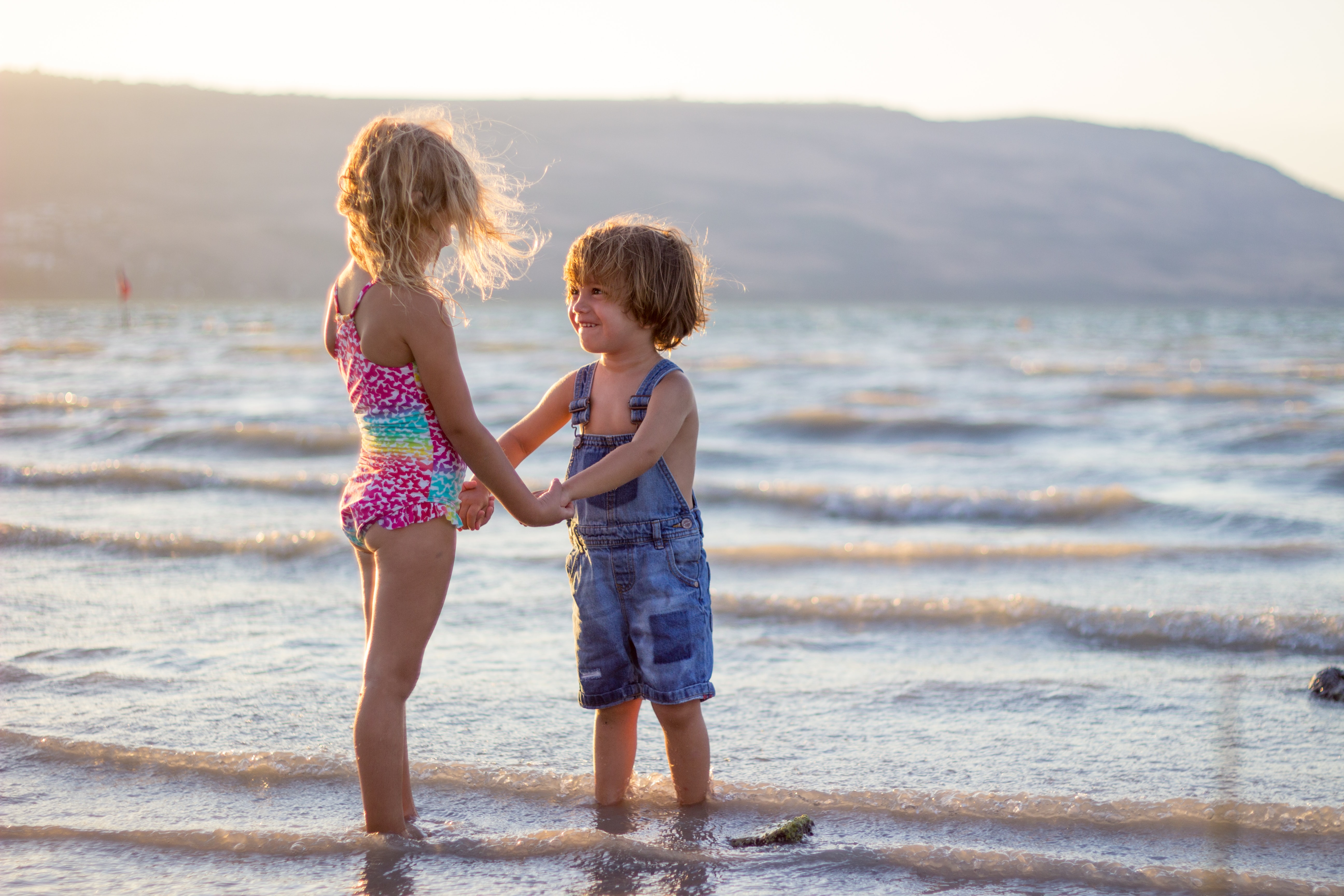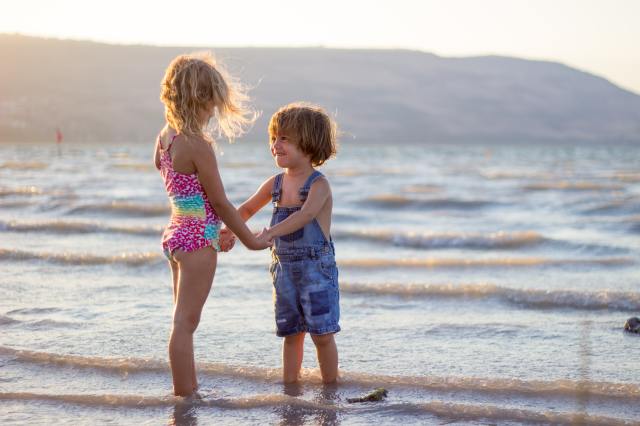
Father’s Day.
I became a single parent to three grown children after my wife of 26 years died of ovarian cancer. When Father’s Day looms near, I am hyperconscious of that fact more than, say, on a random Thursday. Hallmark made sure of that.
I am three years into my solo journey now and this recent stretch of time has highlighted the joys and the challenges of parenting for all of us. Confronting the issues of living through a global pandemic and reflecting about all things systemic is just plain “ick.” How do we Dads talk to our kids about these issues while holding emotional space for them and being the steady source of calm?
Amy and I had countless conversations about parenting in her final weeks. It is one of the gifts I feel I received from having the time to be with her at the end stage of her life. Not everyone is as fortunate—if the loss is sudden and unexpected, for example. This pandemic has highlighted how lucky I was to be with my wife up until her last breath, as so many can’t even be in the same room with their loved ones who have perished from COVID related symptoms. COVID: “Coronavirus disease” has put a huge void in all of our lives.
In those super-intimate moments, I would ask Amy how I could be the best parent possible in her absence. How could I handle the milestones and the spaces in between? Amy would think about it long and hard and then say with confidence, “You are an amazing dad. You have such a special relationship with each one of the kids. You don’t need to think too hard about it. They love and respect you.” She emphasized that I “could do it.” Honestly, I am unsure if I could have without her clear affirmation that we all would be okay.
Parenting kids of any age is often challenging in the best of times. During a global pandemic, that skill is surely tested. It is through that lens that I am practicing gratitude for what I have during this crisis. After living alone for the past year in the Chicago house where Amy and I raised our three children, two of them have returned from Manhattan to quarantine with me. We are all working from this home full of memories and love. The same place where their Mom died in-home hospice.
Having children in their 20’s has permitted me to experience and value my relationship with them in new ways. Intense conversations about how Sweden and Australia have handled the virus, questions about leadership in the face of some very tough decisions in our state and in our country and awareness of being respectful to others by sheltering in place and wearing masks. Of course, we have talked about loss and grief, a shared story in this time, from our unique experience with these topics. But not everything has to be intense all the time, right. We recorded a TikTok dance, our first and only.
As dudes, we sometimes just don’t get certain aspects of parenting. That is not meant to be a sexist statement. I feel as if I was incredibly involved and competent at a lot of child-rearing issues. But there’s something special, even irreplaceable, about a mother-child relationship. Period. My fears at the time my wife died included impending college graduations. I was destroyed, imagining trying to plan the right celebrations, and counsel and guide our kids through career decisions and job searches. How could I navigate them alone? Neither of us contemplated the sequential bombshells that have faced us as a family and as a nation in the past several months.
The unspeakable way George Floyd died shifted most people’s vision of the world we live in as if we all woke up the next morning having suddenly undergone Lasik surgery. As a privileged white father living in America today, talking to one’s children about systemic racism is no easy task, regardless of the kids’ ages. Recent events have exposed that millennials, often considered lazy, possessing a sense of entitlement and dependence upon their parents for too long, are quite the opposite. As leaders of the peaceful protests around the world, these young people—as well as those incredibly thoughtful and intelligent 20 somethings living in my house with me—have truly given me hope for the future. One thing has been exposed to me during this very difficult time; the reshuffling of the traditional roles of parent and child. I am clearly now a teacher and a student.
Amy always knew what to say, when to hug, when to give space, when to be firm, and when to simply love like only a mother can. Fellas, we too have that emotional capacity. Yes, a mother/child relationship is unique and irreplaceable. But so is a father/child relationship, if you give it the best you’ve got and don’t leave the “emotional intimacy” part to the mom because you assume women are better at it.
Despite the fact that being a Dad in 2020 has included the pain of loss that came with a pandemic and the difficulty of exploring how racism became systemic, let’s remember everything that makes our role as a father unqualified magic. As Amy reminded us, we must “always trust magic.”











